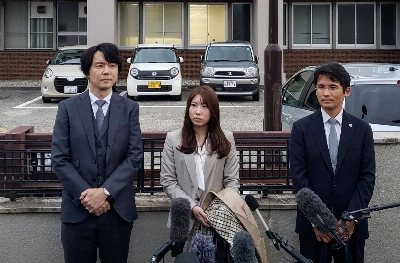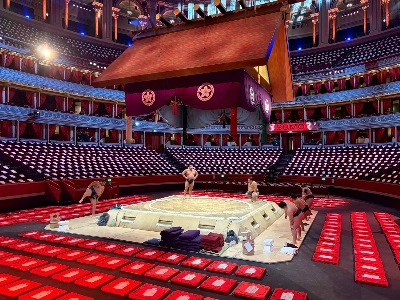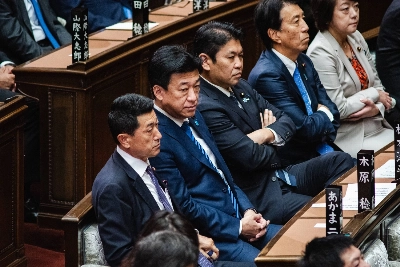Examining the canon of critical musings on Yukio Mishima, Marguerite Yourcenar's work might be favorably compared alongside Henry Scott-Stokes, John Nathan and Damian Flanagan's biographies.
Mishima: A Vision of the Void, by Marguerite Yourcenar.
160 pages
UNIVERSITY OF CHICAGO PRESS, Biography.
Though they never met in person, the two authors knew and admired the other's work. Yourcenar's voice, therefore, is that of one literary figure chiming with another. Yourcenar visited Mishima's widow, Yoko, who made it clear she wished her husband to be remembered as a literary icon, rather than ultranationalist, active homosexual, and occasional dabbler in bodybuilding, acting, singing and filmmaking.
There exists a tendency, scrupulously avoided by Yourcenar, to dwell on the more vulgar aspects of Mishima's personality. In his essay, "Mishima Yukio: The Suicidal Dandy," Ian Buruma wrote that he was, "like those Japanese society ladies who dress in evening gowns in Tokyo but in kimonos abroad." Mishima's predilection for Hawaiian shirts, white, patent leather shoes, and the faux-Spanish villa he built are an easy target. Rather than lingering on the question of whether Mishima was a predominantly Western or Japanese writer, Yourcenar concludes that his work was of a country hurriedly Westernized, but retaining immutable native elements.
The Japanese public have never quite come to terms with the feast of death, the visceral horror of his stage-managed suicide. Yourcenar is less squeamish, hinting at an admiration for the author's contrived end. "Mishima envisioned a certain kind of death," she wrote, "and made of it his masterpiece."


















With your current subscription plan you can comment on stories. However, before writing your first comment, please create a display name in the Profile section of your subscriber account page.